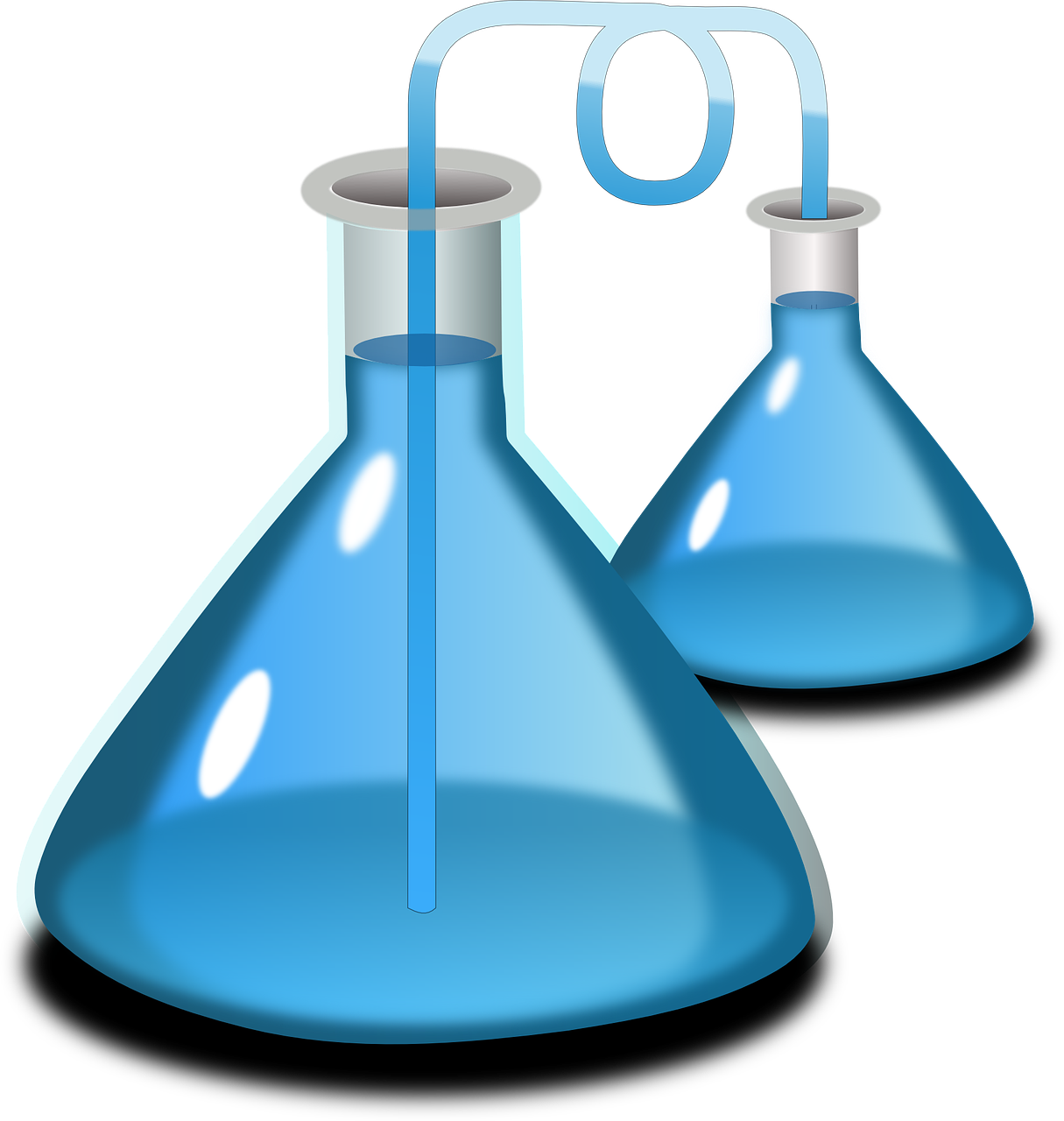Abu Musa Jabir ibn Hayyan, known in Europe as Geber, was born in Tus, Iran, in 721 CE during the rule of the Umayyad Khaleefah. He went to Kufa, Iraq, after the fall of the Umayyad dynasty, where he lived and received his education. In Kufa, he became the student of Imam Jafar as-Sadiq. After completing his education, he started his career as a physician under the patronage of the Vizier of Khaleefah Haroon ar-Rasheed. His connection to the Vizier cost him dearly, when the Vizier fell from the grace of the Khaleefah. In 803 CE, Jabir ibn Hayyan was arrested and spent the rest of his life under house arrest, till he died in 815 CE.
Jabir’s interest in alchemy was probably inspired by his teacher Jafar as-Sadiq. He was a deeply religious man, and repeatedly emphasizes in his works that alchemy is possible only by subjugating oneself completely to the will of Allah (swt). In the “Book of Stones”, he prescribes long and elaborate sequences of specific prayers that must be performed without error, alone in the desert, before one can even consider alchemical experimentations.
Jabir ibn Hayyan is widely considered to be the father of chemistry, but he was also an astronomer, pharmacist, physician, philosopher and engineer. His works in the science of chemistry are as important as those of such 18th century scientists as Priestly and Lavoisier. He is credited for the discovery of nineteen different substances, which we call ‘elements’ in modern chemistry.
According to “The Cultural Atlas of Islam” by Ismail al-Faruqi, Jabir invented a kind of paper that resisted fire and an ink that could be read at night. He invented an additive which, when applied to a textile, would make it water repellent. He applied his knowledge of chemistry to improve the manufacturing processes of steel and other metals. Several instruments, which he designed a thousand years ago, are still being used in modern chemical laboratories – for example, a pipette and a test tube. Jabir also made important contributions to medicine, astronomy and other sciences that are too numerous to mention here.
The writings of Jabir ibn Hayyan can be divided into several categories. The Arabic version of the “Emerald Tablet”, an ancient work that is the foundation of the ‘spiritual’ alchemy, was translated into Latin and widely used among European alchemists in the Middle Ages. One of his books, “Chemical Composition”, remained the authoritative textbook in the European universities until the eighteenth century. Several technical terms introduced by Jabir, such as alkali, have become part of scientific vocabulary.
This man was one of the greatest geniuses ever born. The Europeans translated his work into their languages and five hundred books, and essays can be found in the national libraries of France, Germany and the UK. There is no doubt that his writing and inventions strongly stimulated the development of modern chemistry in Europe. Sadly, he seems to have been ignored by the Muslims – I completed my Masters in Chemistry in India but knew nothing about Jabir, the father of chemistry.
Writer’s email: Aslamsyed1@yahoo.com







